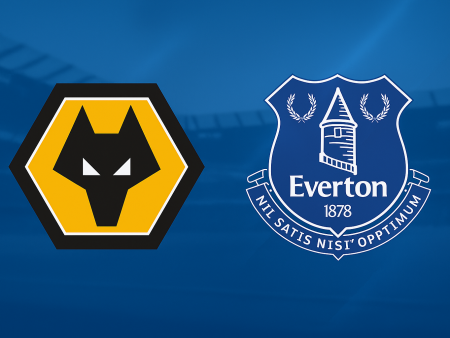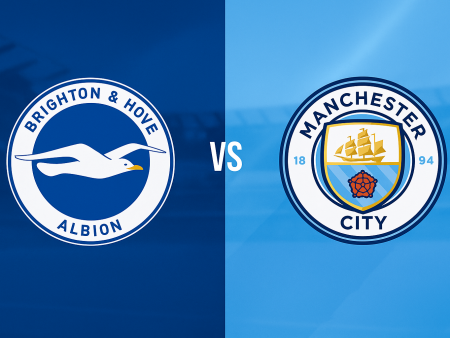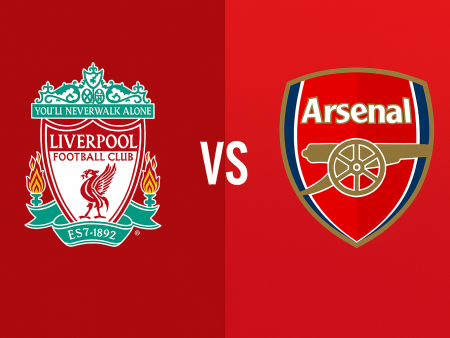Revolutionizing Coaching Education: How Football Analysis and Esports Drive Modern Methodologies
Coaching education stands at the forefront of athletic and competitive development. With the ever-evolving landscape of sports and the meteoric rise of esports, innovative approaches are fundamentally reshaping how coaches prepare, strategize, and inspire their teams. This article explores the transformative impact of advanced analysis tools and emerging technologies in football and esports, highlighting the merging paths of these two domains and how they are influencing coaching practices around the globe.
The Impact of Advanced Football Analysis on Coaching
As the game of football modernizes, tactical analysis has become pivotal for teams aiming to gain a competitive edge. Today's coaches benefit from a wealth of sophisticated digital platforms that dissect every aspect of gameplay. Analytical tools such as SofaScore, LiveScore, and Wyscout allow for in-depth evaluation of performance metrics, including player movement, team formation patterns, and match events.
These data-driven insights help coaches:
- Identify tactical strengths and weaknesses
- Optimize player positioning and team structure
- Provide personalized feedback for player development
- Make informed decisions on game strategies
By integrating advanced analytics, coaches can move beyond intuition and anecdotal experience, leveraging hard data to communicate complex ideas and improve overall team performance.
The Evolving Role of Coaching in Esports
Esports is experiencing a coaching revolution akin to that seen in traditional sports. The role of an esports coach extends well beyond simple instruction or game management. Modern esports coaching involves:
- Designing training scenarios to hone specific skills
- Reviewing and analyzing match footage for mistake correction
- Teaching mastery of game mechanics
- Addressing the psychological aspects of high-performance gaming
The maturation of esports has fostered platforms that not only deliver analytics but also track player performance in real-time. These technologies provide valuable, actionable insights during both training and live competition. Additionally, advanced tracking and monitoring tools are enabling coaches to tailor tactical plans and adjust strategies instantly as the game unfolds.
Blending Techniques: When Sports and Esports Coaching Intersect
The synergy between sports and esports coaching methodologies reflects a broader trend toward cross-disciplinary collaboration. Innovations such as Video Assistant Referee (VAR) in football and real-time analytics in esports underline the importance of adapting to new rules, technologies, and approaches.
Key areas of crossover include:
- The application of performance metrics and analytics-driven decision-making
- Real-time tactical adjustments during matches
- Continuous professional development to stay abreast of evolving trends
This integration enables coaches from both domains to expand their toolkits. For example, the fast-paced decision-making intrinsic to esports offers lessons in adaptability for traditional sports coaches, while established analytic principles from football contribute to more structured, data-informed coaching in gaming.
Wider Impacts on Teams and the Community
The ripple effects of coaching innovation are felt throughout both the athletic and gaming communities. As coaches harness advanced tools and strategic frameworks, teams often see noticeable improvements in:
- Competitive performance, leading to victories and higher rankings
- Team and club recognition on national and international stages
- Attracting greater investment and support from sponsors
- Enhanced fan engagement, including increased following and interaction
Success stories driven by analytic approaches often set new benchmarks, influencing broader training practices and inspiring the next generation of coaches and players.
The Future of Coaching: Integration and Opportunity
The current trajectory of coaching education is clear-innovation and integration are essential for ongoing success. Coaches in both football and esports are increasingly expected to blend analytical insight with strategic creativity, drawing from a rich pool of technological resources and interdisciplinary knowledge.
Looking ahead, expect to see:
- Continued development of specialized analysis platforms for multiple sports
- Greater collaboration between traditional sports and esports coaches
- New methodologies emphasizing real-time feedback, psychological training, and data-driven decisions
As boundaries between sports and esports continue to blur, the world of coaching education stands poised for further transformation. Modern coaches who embrace these innovations will lead their teams to new heights, shaping the future of competition across all arenas.













